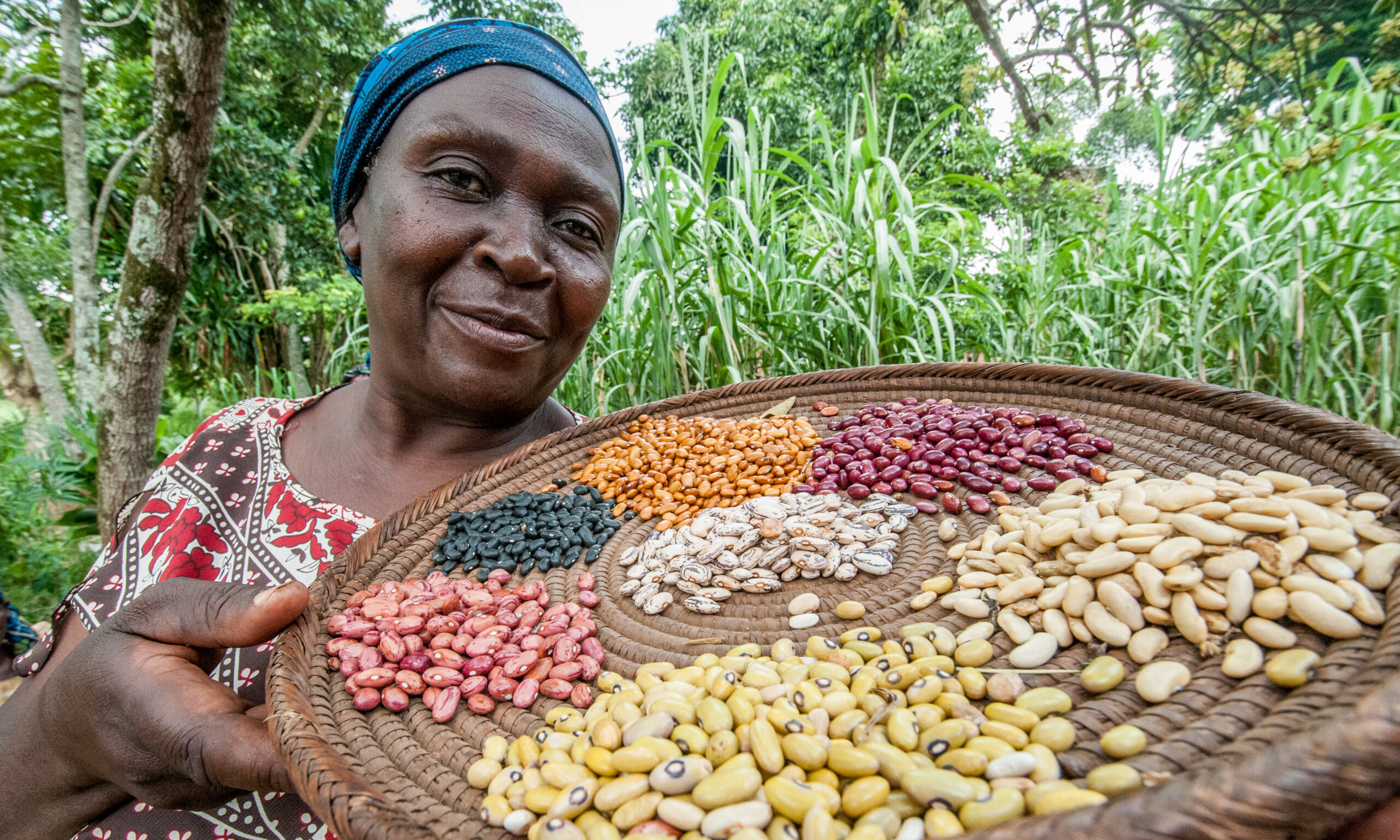(Nairobi) — The United Nations Women’s Peace and Humanitarian Fund (WPHF) announced at the Women and Girls Leading Against Hunger event the launch of its latest funding appeal to mobilize urgently-needed financing for local women’s organizations leading the fight against hunger and food insecurity in fragile settings around the world.
Launched in Nairobi alongside the United Nations Famine Prevention Response Coordinator Ms. Reena Ghelani — in support of her critical mandate to lead and organize a cohesive UN system wide response to rising food insecurity and famine — the WPHF food security funding appeal will mobilize up to 55M USD to support local women’s organizations working across two priority areas: Enhancing the participation and leadership of women responding to the food security crisis, and Improving the socio-economic recovery and political participation of women and girls in peacebuilding contexts.
According to World Food Programme (WFP) estimates, 345.2 million people are projected to be food insecure in 2023 — more than double the number in 2020. But food insecurity is not gender neutral and neither are its impacts: in 2021, there were 150 million more women than men who were food insecure worldwide, a vast increase from the 18 million gender gap in 2018.
Around the world, food insecurity and its impact on livelihoods are creating ripple effects for women and girls, including health and safety risks, increased sexual and gender-based violence (SGBV), and decreasing access to education. Women are forced to bear the double burden of employment and household responsibilities, having to become breadwinners as their husbands migrate in search of alternative means of subsistence.
As the numbers of hungry and malnourished people continue to increase worldwide. it is critical to enhance the capacities and agency of women’s organizations and women civil society leaders on the front lines, ensuring they play key roles in food systems, have access to productive resources, and engage in decision-making at the community level.
“Women are the backbone of our global food systems and know better than anyone how food insecurity disproportionately impacts them,” said Ghita El Khyari, Head of the WPHF Secretariat. “We must invest in women and their local organizations working on the front lines of conflict and crisis to combat famine and eradicate hunger.”
WPHF’s food security response will consist of a public Call for Proposals to channel funding to local women’s organizations that can respond to hunger and food insecurity in the eligible countries: Ethiopia, South Sudan, Somalia, Yemen, Nigeria, Afghanistan, Sudan, Burundi, Niger, Uganda, Malawi, Haiti, Mali, Central African Republic, and Democratic Republic of Congo.
This Call for Proposals will make available financing for civil society organizations to strengthen women’s participation and leadership in food security as it intersects with the peace-humanitarian-development nexus through programmatic funding from 30,000 USD to 200,000 USD, and institutional funding to help sustain and strengthen women’s organizations focused on addressing food security with grants from 2,500 USD to 30,000 USD.
“There is a need to spark changes that give power to women and girls leading against hunger,” said Constance Uloaku Aharan of the Society for the Rights of the Excluded and Disempowered (SOREX), a WPHF partner in Nigeria. “This can be done by investing and supporting women leaders through the funding appeal launched by the Women’s Peace and Humanitarian Fund. Today, we women CSO leaders join our voices for this global appeal.”
